
Courtesy
Venezuela’s socialist government faces a significant electoral challenge in the upcoming presidential election on July 28. President Nicolás Maduro, who has been in office for 11 years amid economic collapse and widespread emigration, is being challenged by former diplomat Edmundo González Urrutia and eight other candidates. Previously, Maduro has barred prominent rivals and portrayed them as elitists aligned with foreign powers. This time, he allowed the Unitary Platform opposition party to participate in a short-lived agreement that temporarily eased U.S. sanctions. Maria Corina Machado, a prominent opposition figure known for her stance against government corruption, was barred from running due to legal actions by Maduro’s government. Despite this, she has continued to campaign, supporting González, which has helped unify the opposition. González, a former ambassador with a background in international relations, promises economic reforms to reverse the emigration trend and has garnered emotional support from Venezuelans. Maduro still retains backing from his die-hard supporters, known as Chavistas, and those reliant on state employment or programs, though their influence has waned due to the country’s economic decline. He initially rose to power as the chosen successor of the late Hugo Chávez. Maduro was re-elected in 2018 amid a widely criticized election where opposition parties and politicians were banned, prompting a voter boycott. This authoritarian shift led the U.S. to impose economic sanctions, severely impacting Venezuela’s oil industry. While over 21 million Venezuelans are registered to vote, the exodus of 7.7 million people due to the crisis has reduced the voting pool to about 17 million. Voting abroad is limited due to stringent registration requirements and closed U.S. consulates. Hopes for a fairer election in 2023 diminished as the government continued to repress opposition, including detaining critics and controlling media and resources. Consequently, the Biden administration re-imposed sanctions. A U.N.-backed panel reported increased repression of opponents leading up to the election.Original text, by Regina García Cano, published in-> abcnews
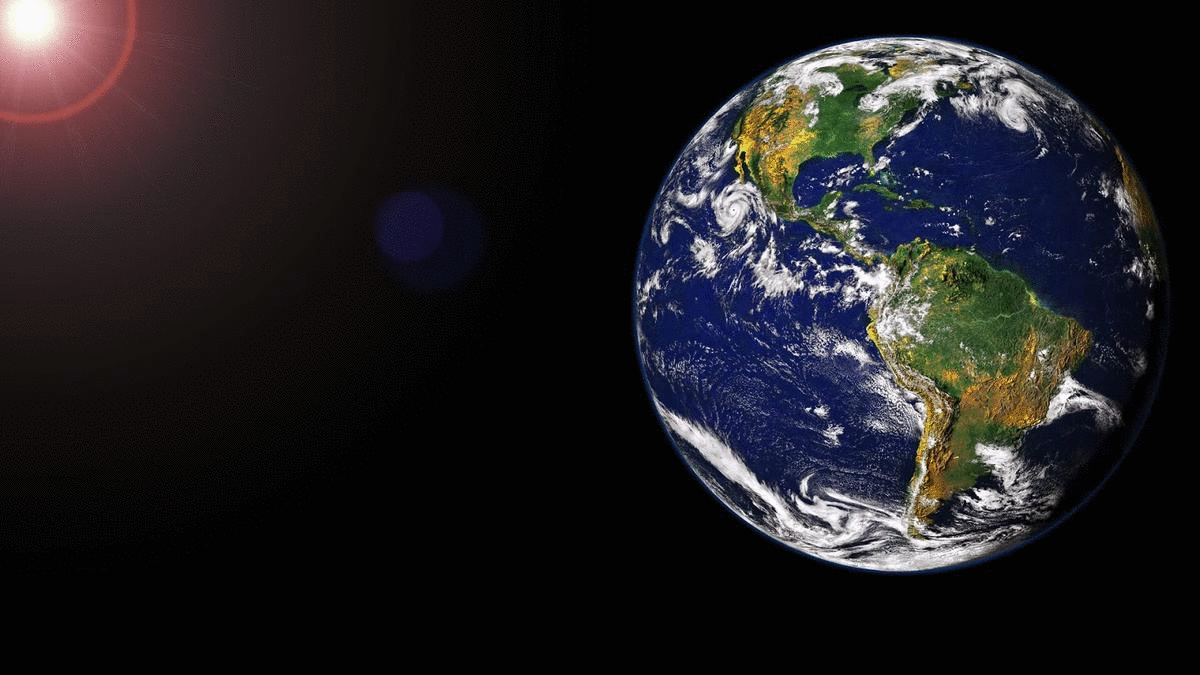
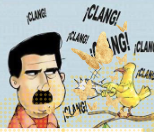
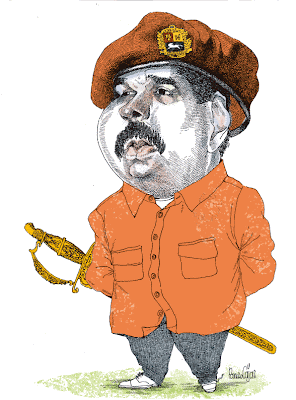
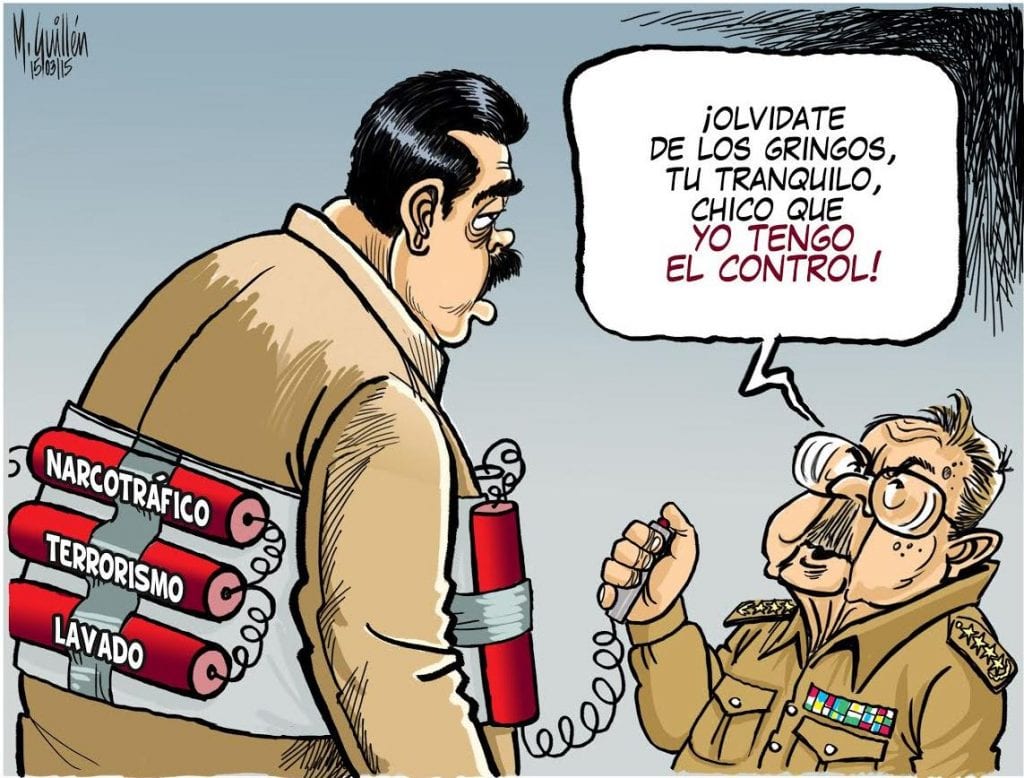
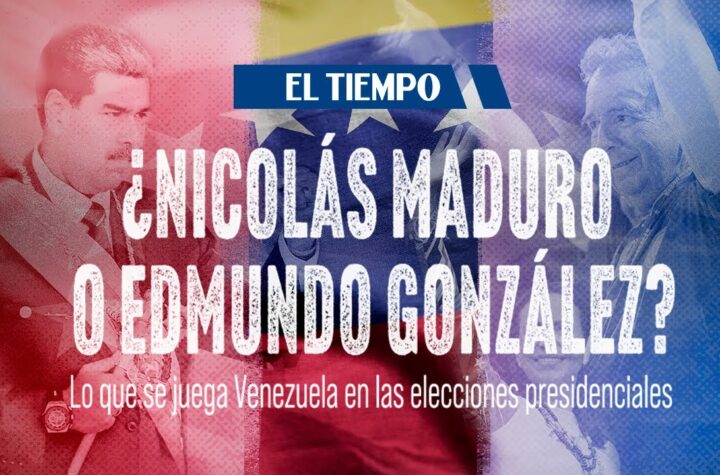
More Stories
Venezuela, elecciones entre pajaritos y mariposas
Maduro seeks to bolster military support ahead of next election
¿Qué hará Cuba el 28 de julio?